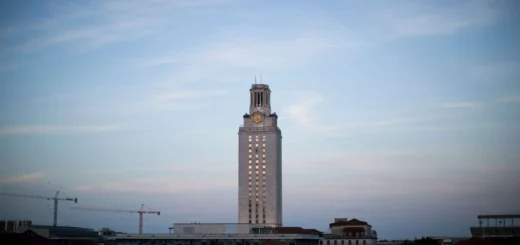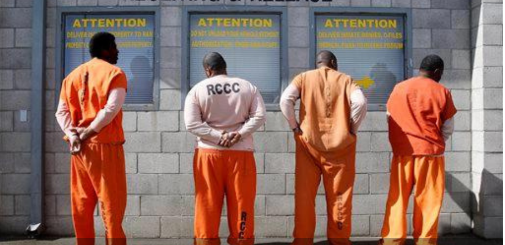Reflections on Martin Luther King, Jr.’s Dream

Professor at University at Buffalo
On Monday, January 18, 2016, the pundits and talking heads will be telling us about Martin Luther King’s Dream and what he would think about the United States today.
A careful re-reading of King’s 1963 “I Have a Dream” speech and his 1968 book, Where Do We Go from Here, suggests that King would not be happy with the “State of the Union” or with Obama’s presidency.
In “I have a Dream,” King told us about his vision for an “uncreated” future America, while in Where Do We Go From Here, he carefully outlined that vision and the challenges we would face getting there.
King argued that Selma and the Voting Rights Act were nothing more than Phase One in the larger Black Liberation Movement. The Civil Rights Movement was about the struggle to remove the legal obstacles that constrained, circumscribed and limited the struggle for the larger freedoms.
The Second Phase of the Black Liberation Movement would be about the fight to realize in practice these “larger freedoms.”
When King mentioned the “quicksands of racial injustice,” he was talking about the system of structural racism, which perpetually denies blacks access to good schools, high quality housing and neighborhoods and the resources and opportunities they need to build a good life for themselves and their families.
This form of systemic structural racism operated within and across multiple socioeconomic domains: education, health, governance, criminal justice, labor and housing markets, and the like.
Thus, in the fight for the larger freedoms, blacks must bring to the forefront the battle for a high quality education, jobs with a livable wage or a guaranteed livable income;
they must struggle for affordable, high quality housing that is embedded in safe, secure and visually appealing neighborhoods which function as highly efficient social organizations; and they must contest for a equitable health care system anchored in wellness and prevention.
These are the larger freedoms.
In King’s Dream, the government must either provide blacks with jobs with a livable wage, or guarantee them a livable income. It is not complicated. The government must step in when the private sector cannot produce enough jobs to put people to work. Here, we are talking about jobs not doles.
In King’s Dream, blacks not must be guaranteed access to the nation’s critical socioeconomic domains, but also these domains must be fundamentally altered. For example, the education system as currently organized will not provide blacks with a high quality education. So, it must be changed. The housing system cannot produce an adequate supply of high quality, affordable housing for low-income groups. So, it must be changed.
In King’s Dream, then, access to the critical “socioeconomic domains” and “systems change” are fused together to form a socioeconomic justice bottom line.

King had this “socioeconomic justice” bottom line in mind when he said:
“When we allow [the larger] freedom to ring- when we let it ring from every city and every hamlet, from every state and every city, we will be able to speed up that day when all of God’s children, black men and white men, Jews and Gentiles, Protestant and Catholics, will be able to join hands and sing in the words of the old Negro spiritual, Free at last, Free at last, Great God a-mighty, we are free at last.”
For these larger freedoms to ring across American, the nation must be recreated so that it can provide every person, from across the color spectrum, with the best that humanity and technology have to offer.
This is the type of American King imagined when he said, “I have a dream.”
Author Profile
Latest entries
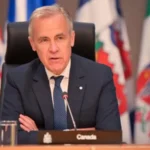 Selected Media06/03/2025Canada to expedite nation building projects to counter Trump
Selected Media06/03/2025Canada to expedite nation building projects to counter Trump Economic Development06/03/2025Tulsa plans $105m in reparations for America’s ‘hidden’ massacre
Economic Development06/03/2025Tulsa plans $105m in reparations for America’s ‘hidden’ massacre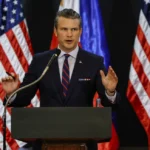 Political Corruption05/29/2025The US military, eyeing China deterrence, could draw down deployments to South Korea
Political Corruption05/29/2025The US military, eyeing China deterrence, could draw down deployments to South Korea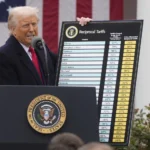 Political Corruption05/29/2025Federal court blocks Trump from imposing sweeping tariffs under emergency powers law
Political Corruption05/29/2025Federal court blocks Trump from imposing sweeping tariffs under emergency powers law



